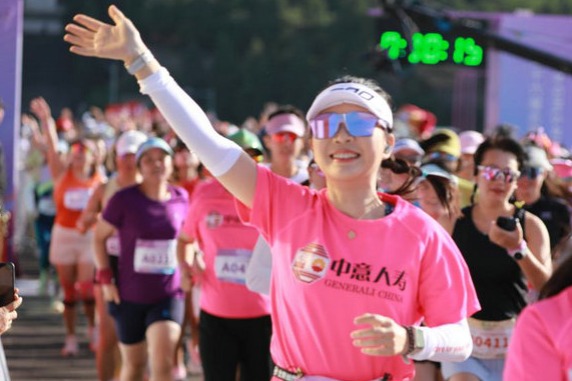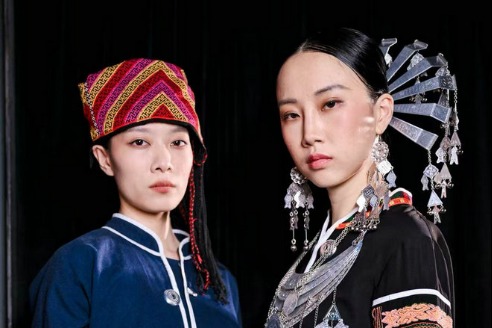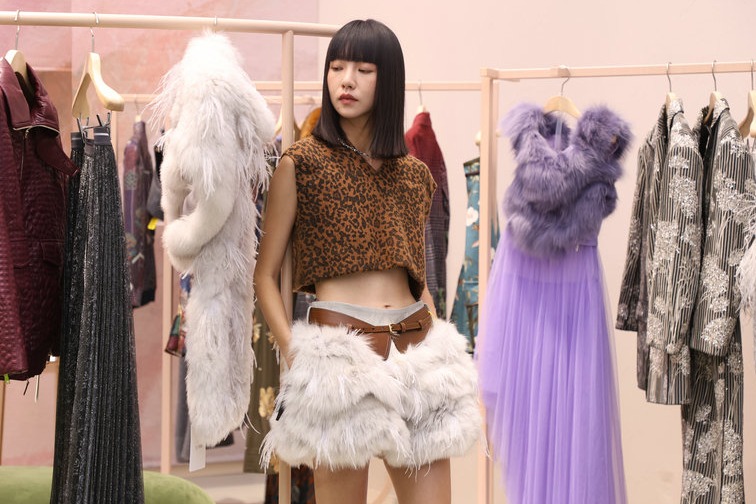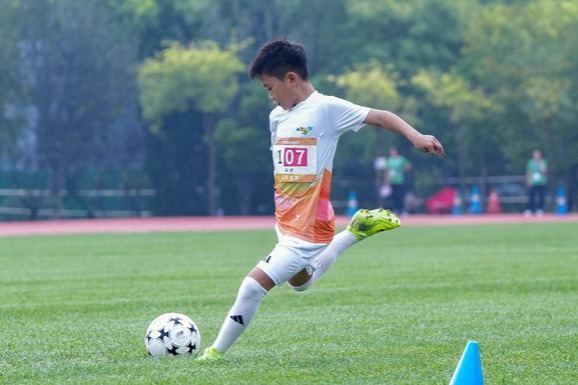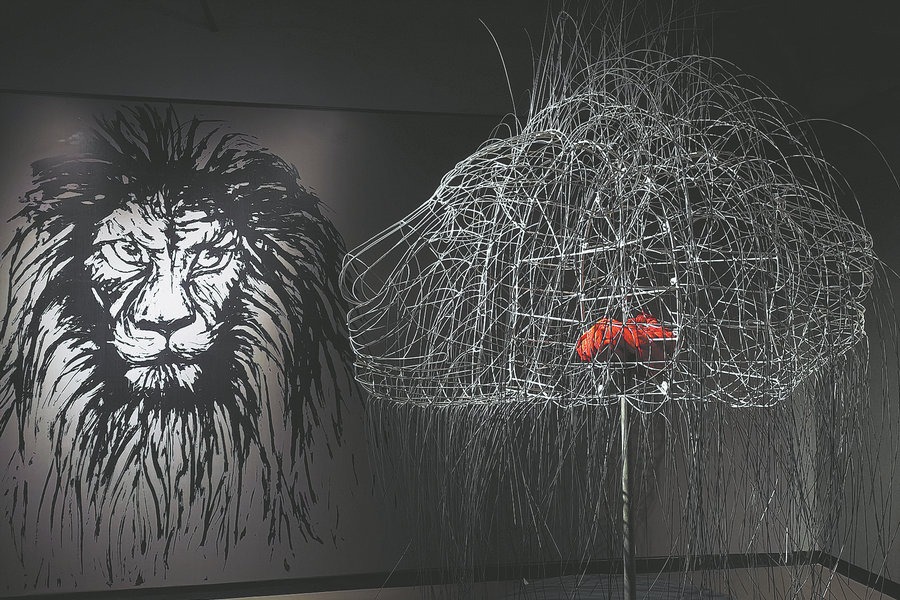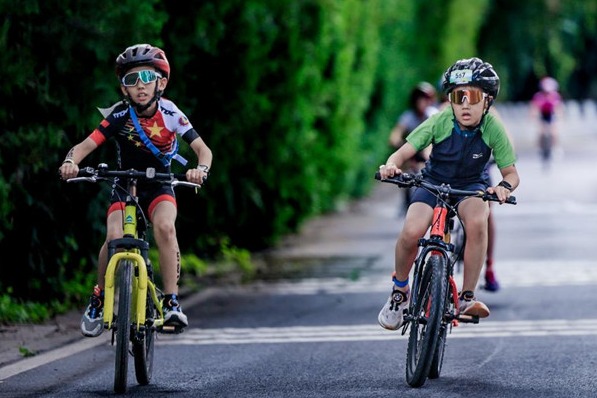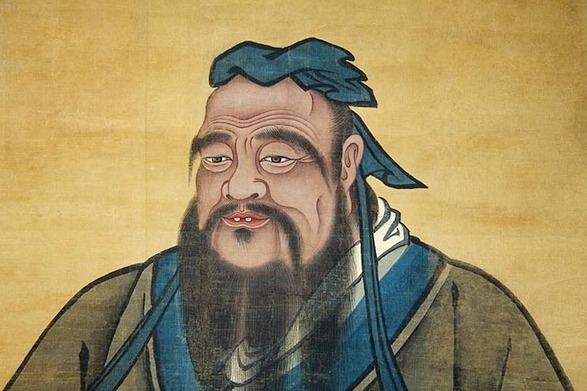The Gift of mutual understanding

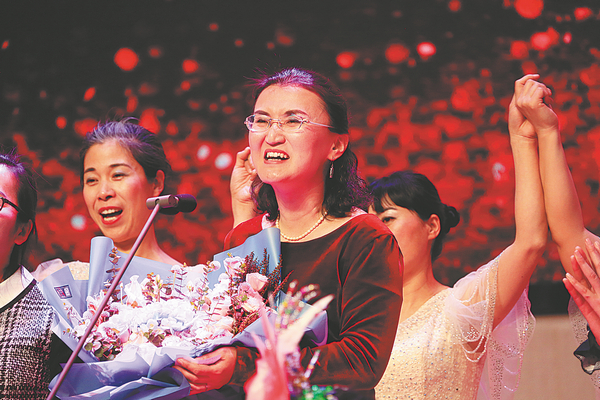
For Xu Bing, her job is like planting trees. First, she sows the seeds and then watches the trees grow, with each one gradually adding to a forest.
As the founder of the Zhengzhou Jiefu mutual aid center for parents with exceptional children, also known by its English name Gift, she has dedicated all her passion and wisdom to helping children with special needs, especially autistic children.
What her organization does is to provide a platform, like sowing seeds, to help people understand autism and, at the same time, mobilizing parents of people with autism, and volunteers, to provide care for the group. Eventually, multiple wins are achieved.
"I am delighted to see that children with autism grow up healthily and happily. Their parents are stronger and more resilient, and society has become a better place to live in," Xu says.
Xu, 47, used to be an English teacher at Zhengzhou University of Light Industry in Central China's Henan province, but a volunteer experience changed the course of her life.
"I once accompanied several foreign friends to a local orphanage and found children suffering from cerebral palsy and autism with dirty bodies and unable to even stand up," Xu says.
"Yet, as soon as I saw the big and innocent smiles on these children's faces, I was deeply touched," Xu says.
She learned that those children have few opportunities to access professional training and treatment and "I felt obliged at that moment to do something for them".
"I used to be a translator and would voluntarily help foreign medical experts communicate with doctors of local hospitals treating disabled people," Xu says, adding that such experiences helped her learn more about the autistic community and other groups with mental disorders.
In 2012, Xu decided to resign from the university and dedicate herself full-time to a career in welfare.
"How time flies. It is a surprise to me that I have stuck to the cause for so long. I still remember the first time I engaged with children with special needs," Xu says.
She adds: "Every child is a unique gift to parents and should be respected and accepted, which is where the (English) name of the organization comes from."
The organization now has its affiliated mutual aid centers in nine cities in Henan and has helped more than 1,000 families of people with autism.
Xu notes that parents of autistic families often suffer from some form of depression because they are under so much pressure, economically and emotionally. Some parents even feel ashamed, attempting to cover up or hide their children's condition, which often results in a key period for the healthy development of autistic children being missed, Xu says.
She says parents play a crucial role, as children with some forms of autism may need parental care for life.
"If parents can view and treat their autistic children in a correct manner, then those children can get support from their families and adapt to their conditions better," Xu says.
As such, she thought of bringing together parents and providing them with training courses on educating autistic children, rehabilitation measures, psychological counseling, and so on.
"They can learn how to better help their autistic children undertake rehabilitation and alleviate the pressure by sharing their feelings with other parents who have the same experience," Xu says.
Some parents have gradually shrugged off their sense of inferiority and have developed a greater belief in their children's development, while others have grown into important pillars in the support community, helping other autistic families.
"We are now operating an online community with over 1,000 autistic families, where a tradition of mutual help has developed," Xu says, adding that, as a result, her organization can reach out and deliver support to more autistic families.
Children with autism in China are lovingly called "children of the stars", as they tend to be immersed in their own world or have a unique perception of their surroundings. As such, they can find it difficult to integrate into a regular social environment.
Xu says that most autistic patients can gradually develop skills through learning. From the bottom of her heart, Xu holds that autistic patients are neither that much different from anyone else, nor a burden on their families, adding that she believes society should shoulder some of the responsibility of taking care of them.
Xu's organization arranges various free activities and courses for children with autism every week, helping them engage with the outside world and gain a sense of worth and achievement.
At Gift, children with autism can not only learn social etiquette, but also master basic life skills, such as making coffee and baking, and develop and pursue their respective talent, including painting, playing music and performing dramas.
"Some paintings by autistic children have been made into cultural and creative products and sold to raise money for public welfare projects," Xu says. She adds that parents are very proud of their children, and even shed tears when they see them grow from being uncommunicative to being able to form a band and perform on stage.
The organization also tries to collaborate with institutions to provide opportunities for autistic children to exercise their social skills and display their ability to work.
For instance, they are sometimes engaged to make coffee and serve refreshments at weddings or ceremonial occasions.
Convincing institutions to accept people with autism to work has not been smooth, as sometimes people view the group through the tinted lenses, Xu says.
"Even if we get turned down, we are not discouraged, for when we engage with an enterprise, we are able to teach people a bit more about autism, which is important," she stresses.
Xu says she encountered numerous difficulties when she first established the organization, but the prospects have gradually become brighter.
"The sustainable development of Gift is inseparable from the huge support and input from the volunteers," Xu says, while calling for people to develop a greater understanding and desire to care about autistic patients and the wider disabled group.
We can create a better future for these children through the joint efforts of our whole society, she adds.
Contact the writers at zhaojia@chinadaily.com.cn

















